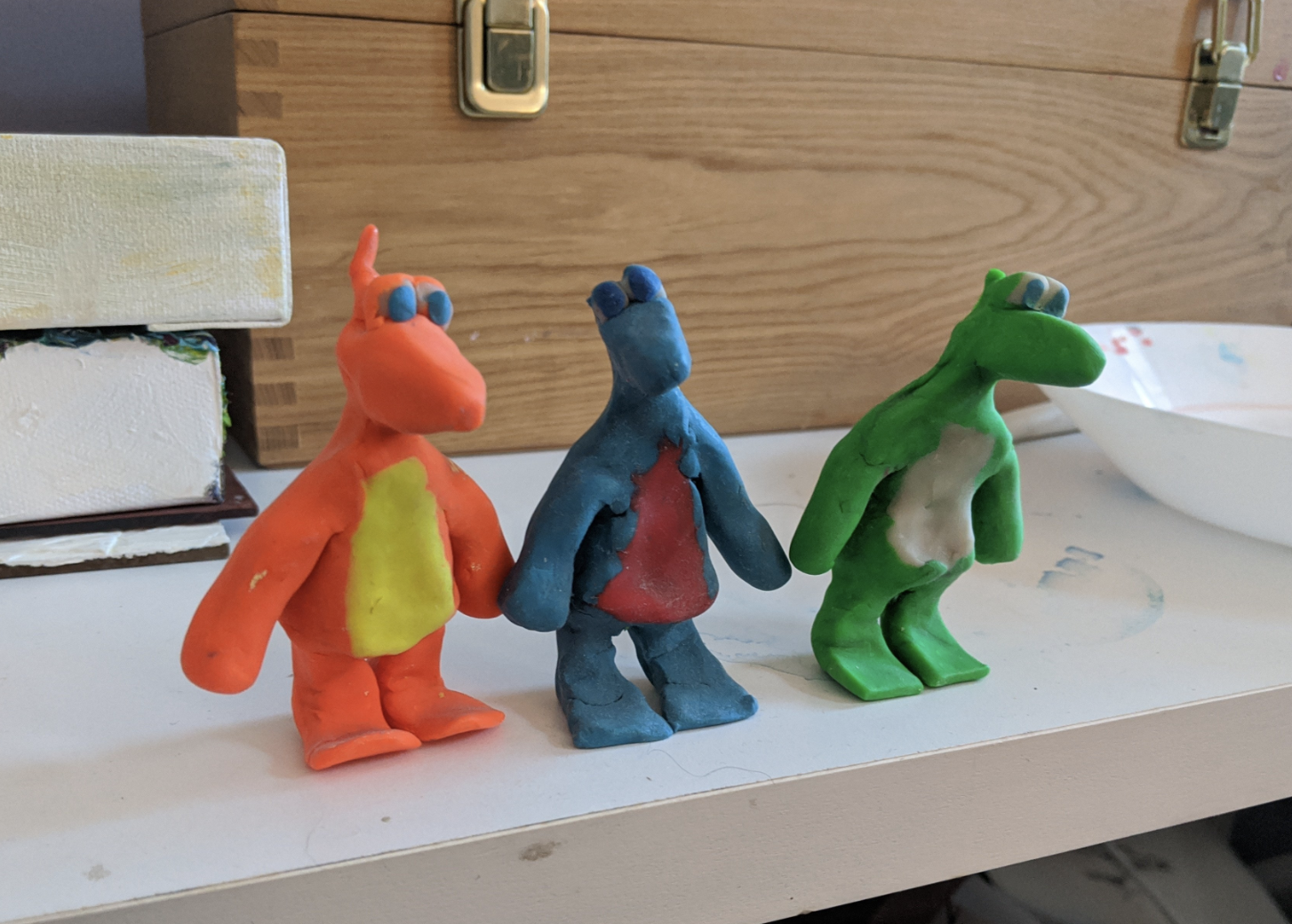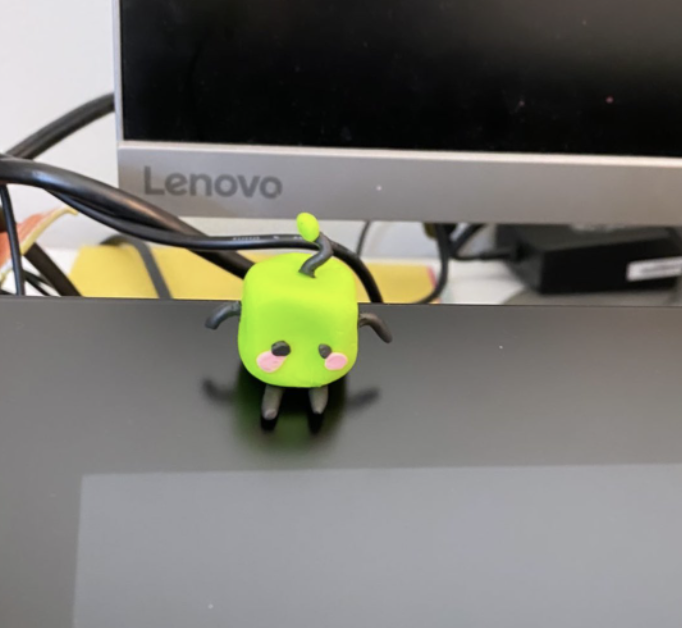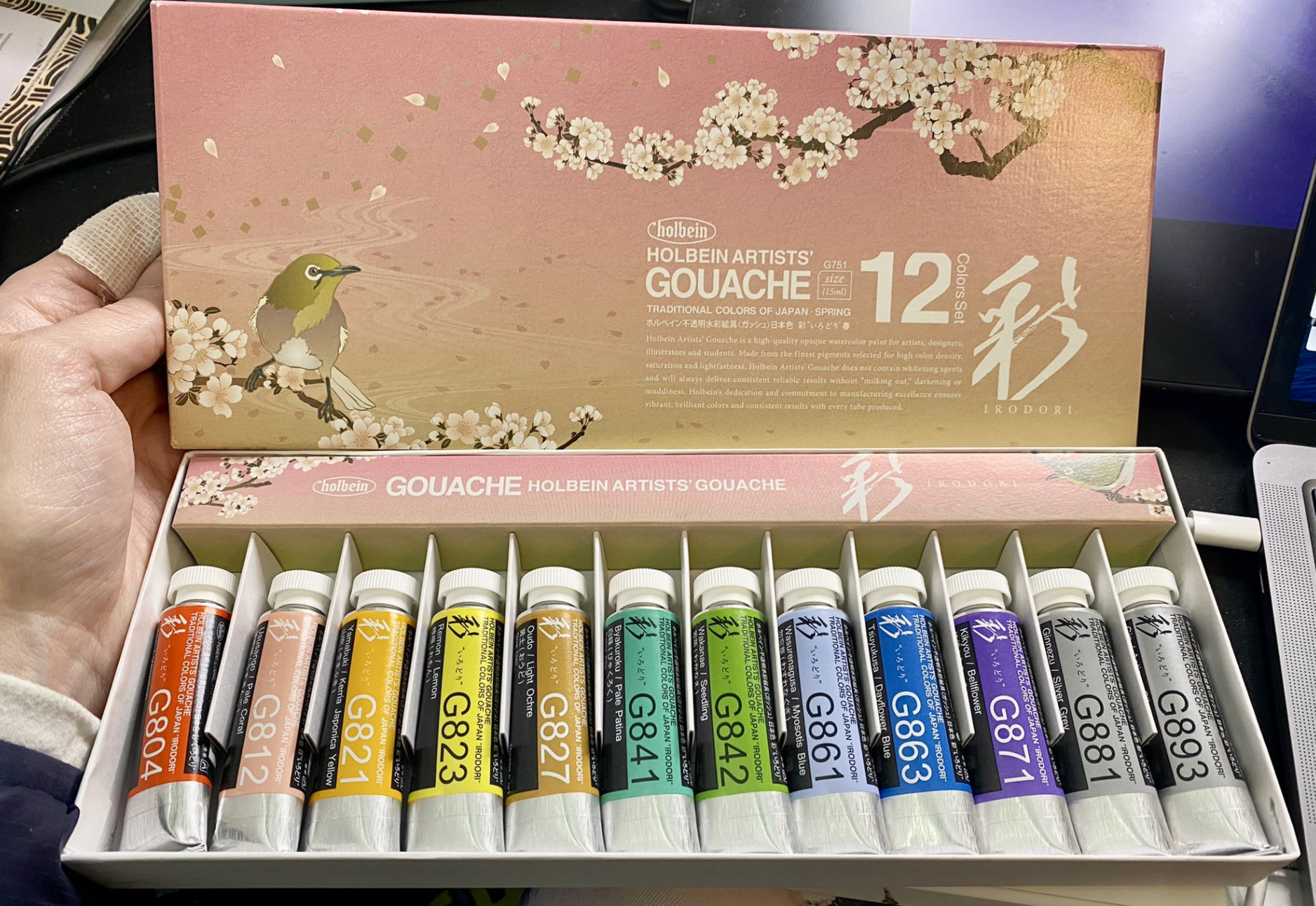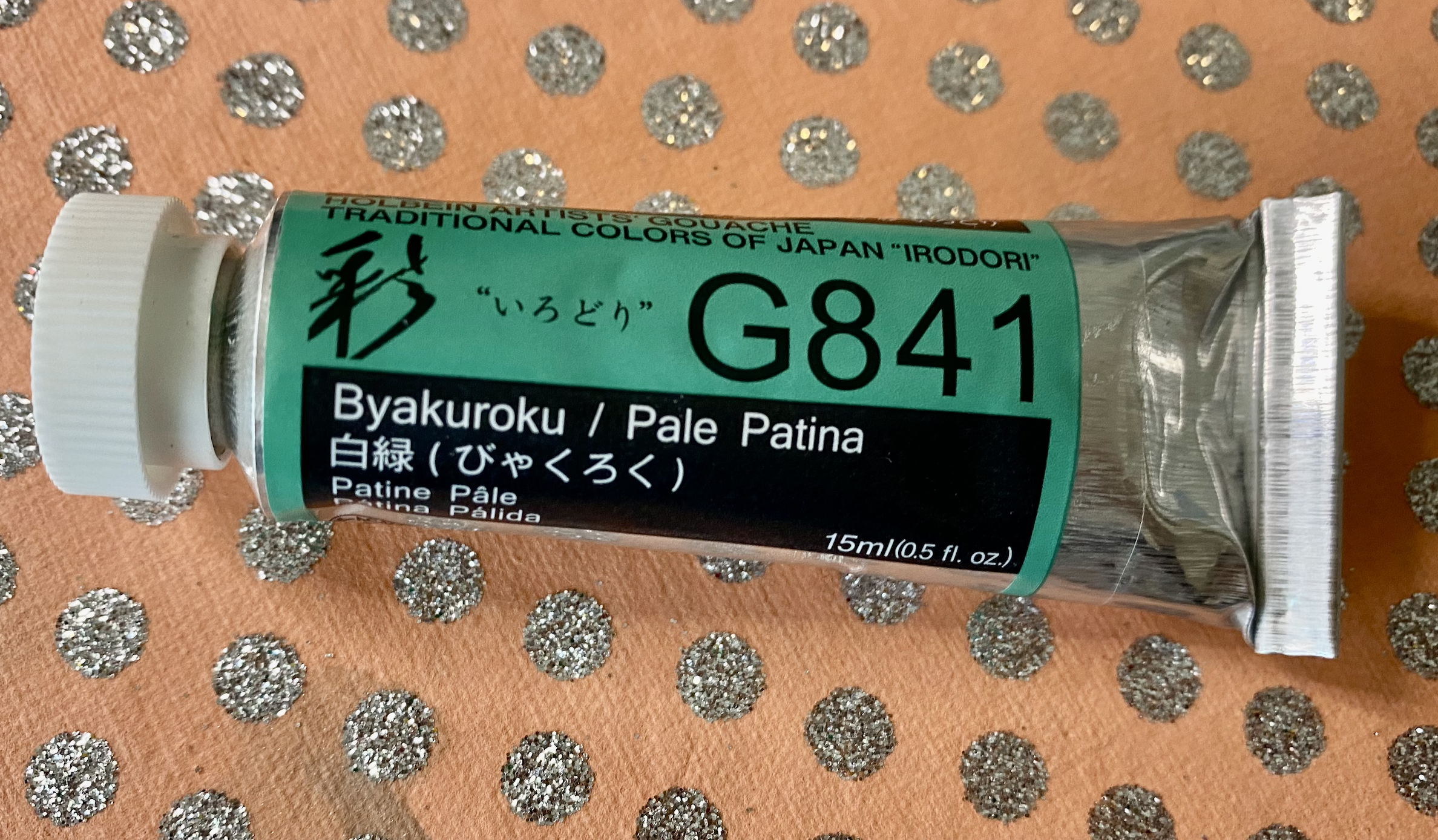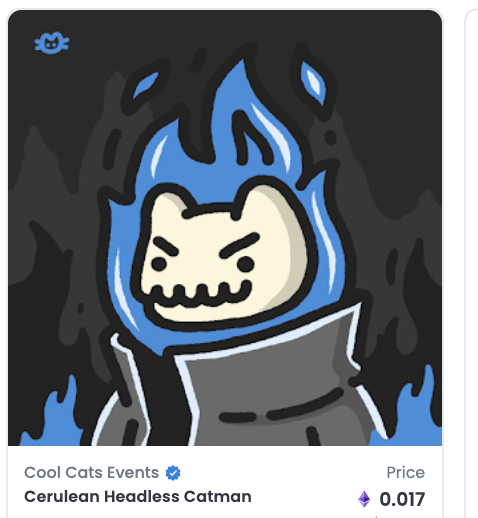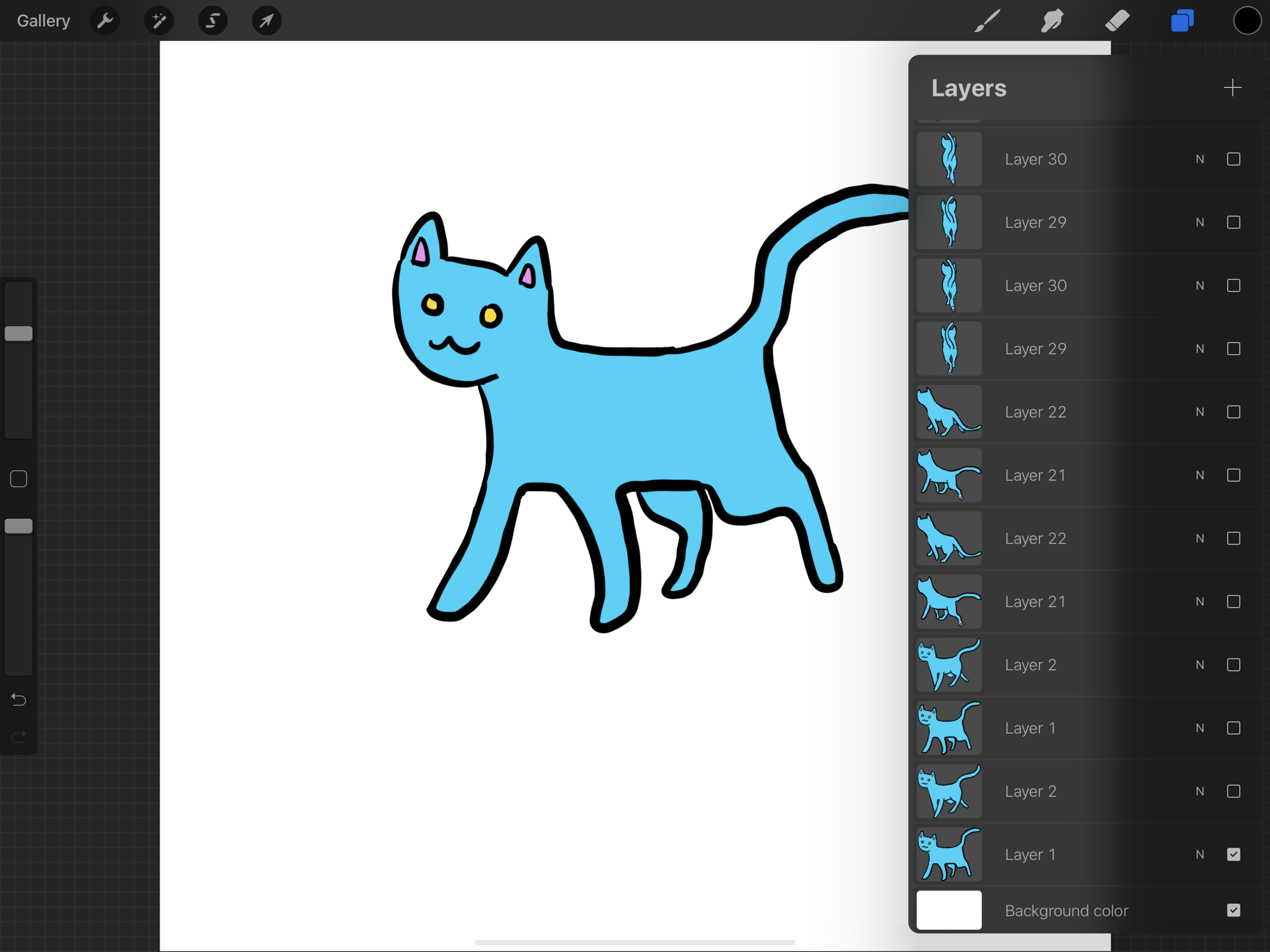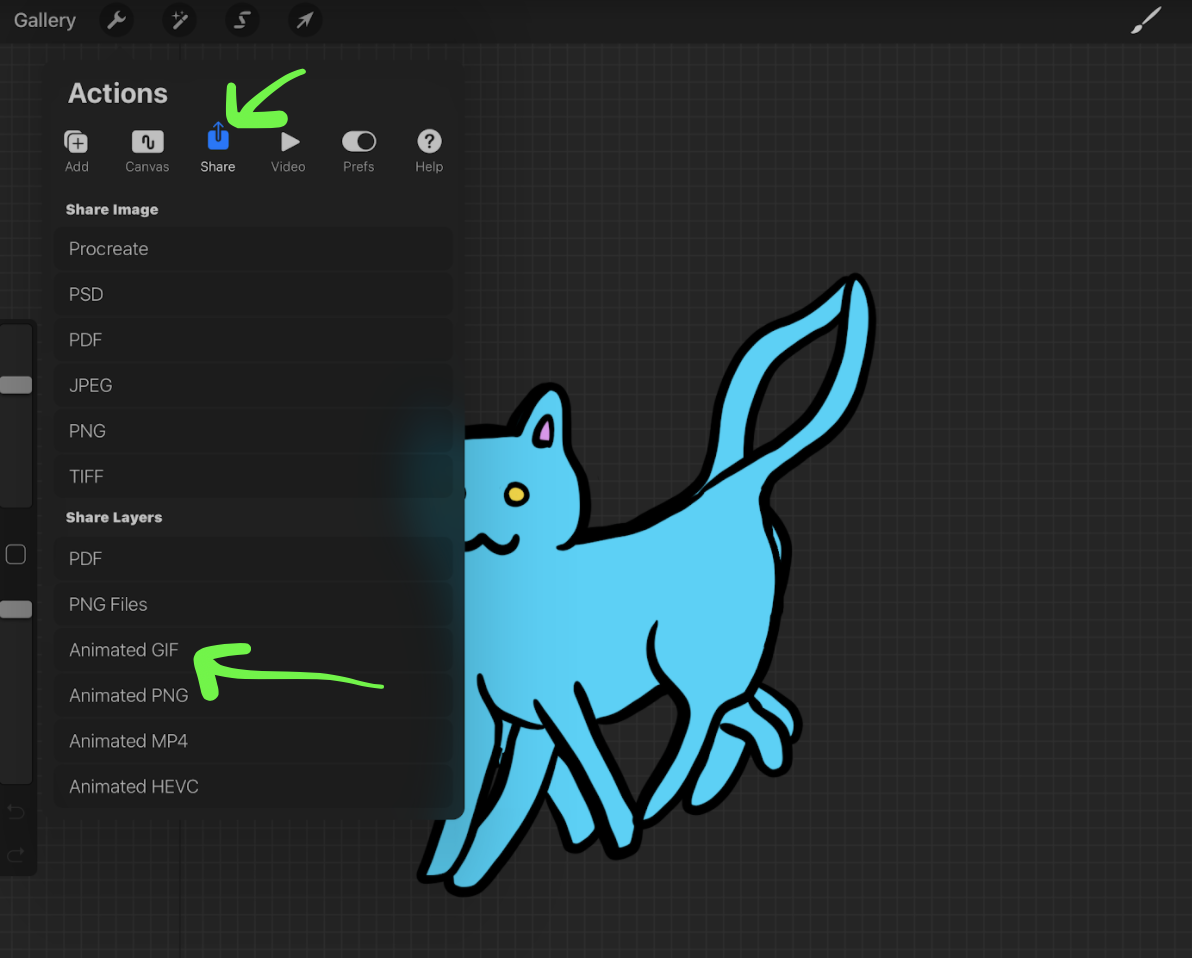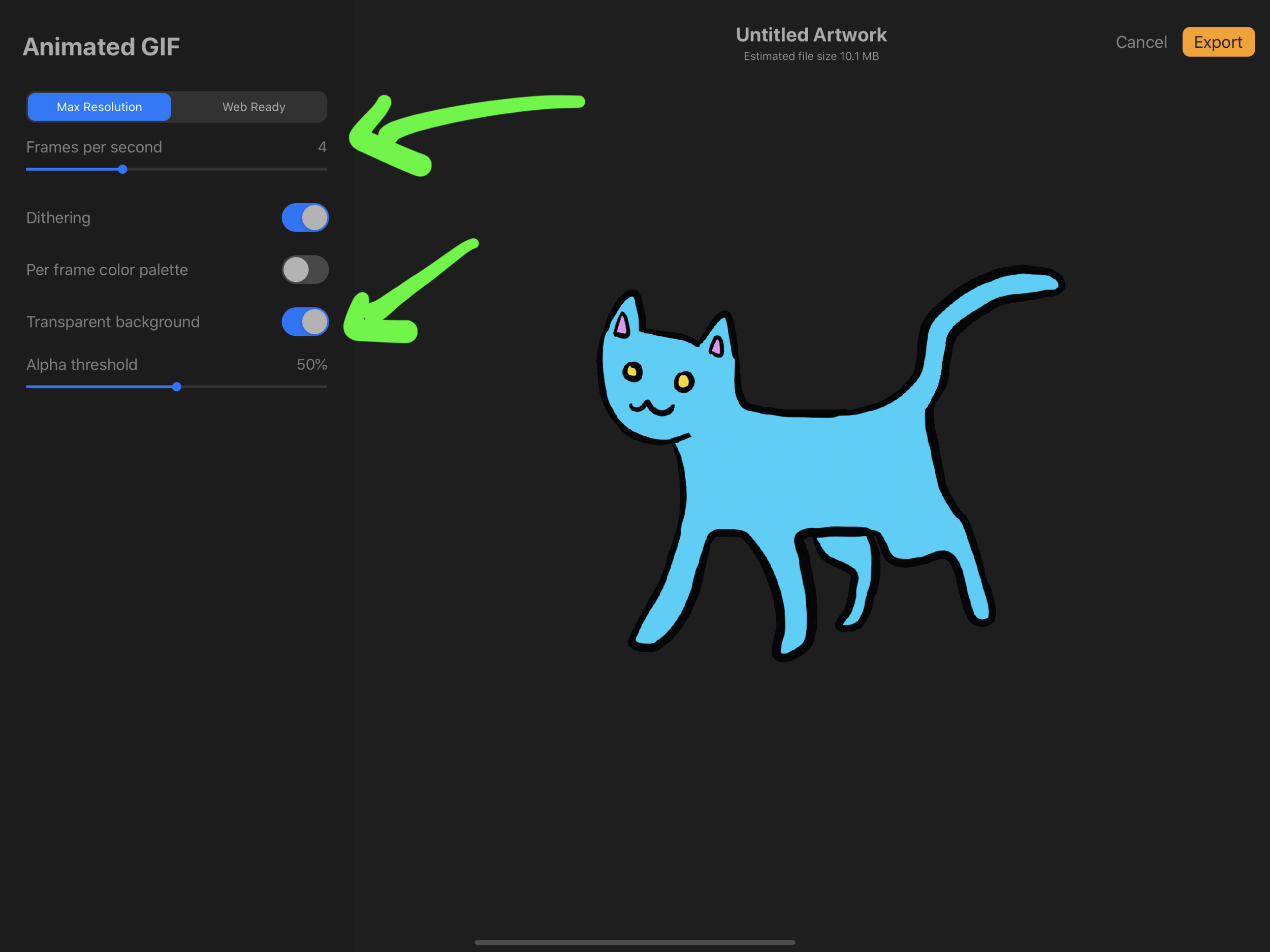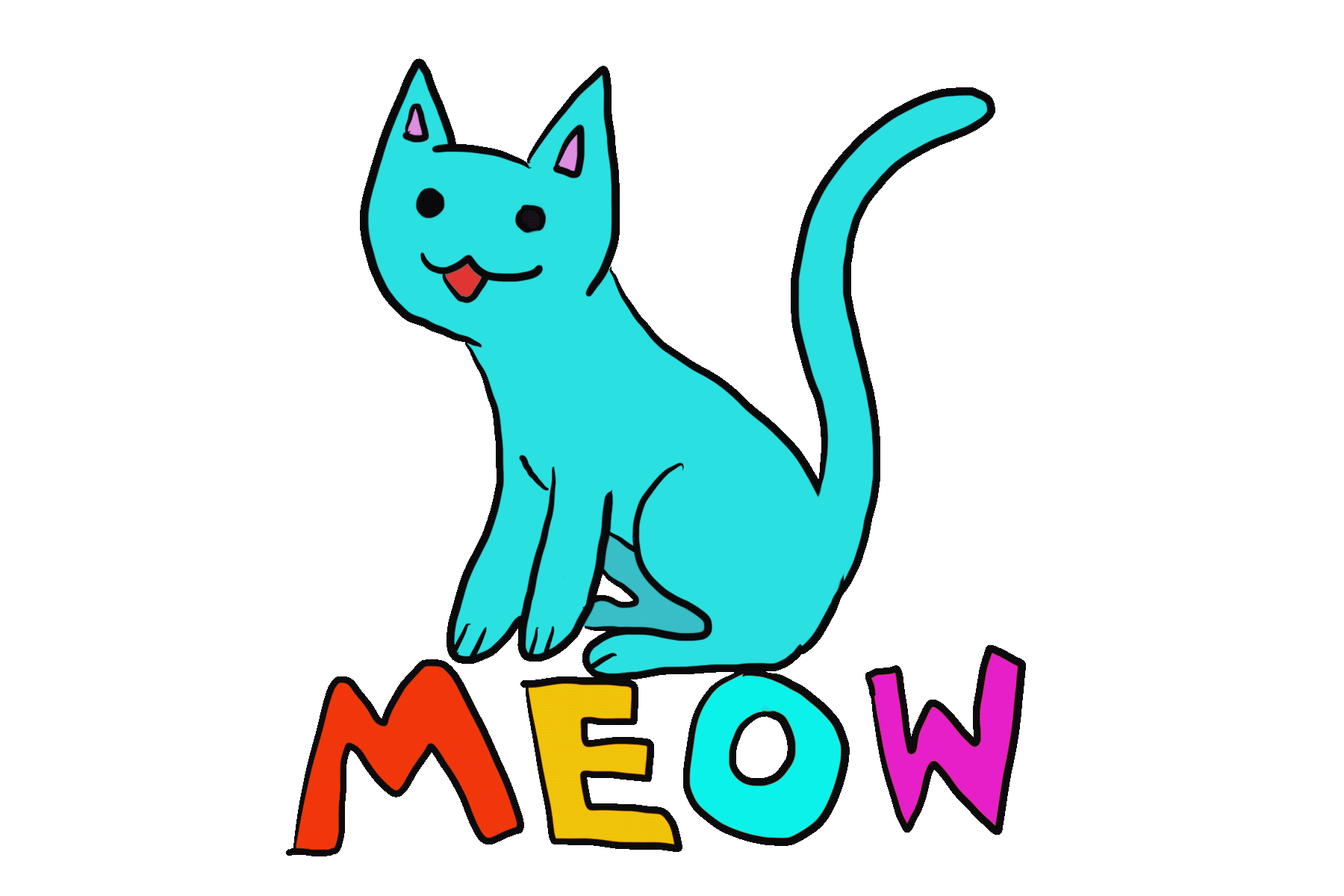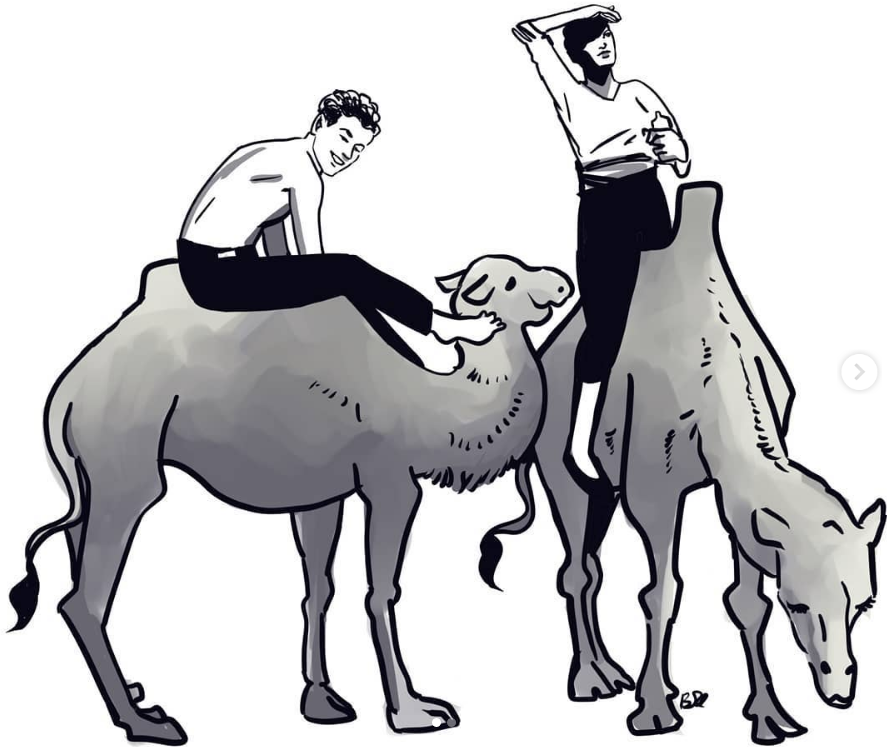As of this blog’s publish date, this book is very new! It was released on May 3 of 2022 - I didn’t know this when I bought it, I simply thought it looked like a cool book and I knew of Fils-Aimé’s work from watching Nintendo keynotes and release videos. It’s worth picking up if you haven’t already.
What makes this book different from other business books or business biographies is that Fils-Aimé describes specific situations in meetings, mentorship exchanges, and countless moments where he makes decisions. The reasoning behind the decisions are laid out, too.
I find this refreshing! In so many other nonfiction books of the business genre, the author’s steps to success seem shrouded by platitudes or combed-over moments. Fils-Aimé discusses how he applied for college, how he gets his first job, and how he works in his various roles. He describes problems that he comes across, both on the product level and in situations involving personnel, and how he approaches and solves those problems. I see that Fils-Aimé has an incredible ability to recall big moments, and also to recall small details. He remembers how to structure a memo at his first job, for god’s sakes - this would be like me remembering how I formatted and submitted an Asana ticket in 2010 (no, I don’t remember that very well).
This has to be a chief hallmark of a powerful leader - they can see the details, and they can also see from the mountaintop.
Aside from the boardroom dialogues and college app/interview tactics, the other highly familiarizing aspect of this book that I enjoyed is that I remember being around many of the brands that Fils-Aimé worked on in the 90s. He worked on campaigns for Crisco shortening. I don’t know about you, but we definitely had Crisco in our kitchen cabinet when I was growing up. Pizza Hut’s Personal Pan Pizza? Reggie worked on that, too! Chances are good that if you grew up in America in the 80s, 90s, and early aughts, you bought a product that Fils-Aimé and his teams marketed. Or, you at least saw one of his campaigns.
What I loved learning about most in this book is that Fils-Aimé was an early customer of Nintendo before he was ever a chief executive there. He describes in detail how he played games on the SNES, and also how he was quite a power-user. He owned more than 100 games, way over the average amount of games that households owned at the time.
I first became aware of Reggie Fils-Aimé’s career at Nintendo in the same way that I think many people did - it was the viral video where he gets into playing the Wii and says “My body is ready!” to describe getting ready for the active experience of waving the Wii controllers. This was one of those moments on the internet that was iterated on ad-infinitum, and it wasn’t wholly to make fun of Reggie, it was more because, I think, people loved him, they loved this moment. What’s not to love about this big guy getting into a game and saying something kind of nerdy and kind of adorable? The line “My body is ready!” was quoted in a Pokemon game - from this, fans know that through Reggie Fils-Aimé, Nintendo had gained an ability to laugh at itself in a good-natured way.
I think that it’s Fils-Aimé’s good nature that is the strongest part of his ability as an executive. There’s so much negativity and sarcasm in marketing and corporate spaces these days, to the extent that Ryan Holliday wrote “Trust Me I’m Lying” about being a manipulative story-twisting marketer, and has since moved on to focus on discussing stoic lifestyles. Years spent as conniving, manipulative Mad Men ideally end with retirement as a buy-nothing page admin who posts a lot about resilience and meditation. Marketing ecosystems for some brands tilt towards being so sassy and irreverent that it’s something to escape, not any place to build a legacy. Nobody wants to be there forever, unless they have to be - hence the allure of short-term thinking.
Fils-Aimé is a good role model in this vein. He thinks long-term. He doesn’t have a snobbish or sassy bone in his body. There’s nothing deceptive or money-grubbing about what he does to market brands, rather there’s a love of the fineness of the products and respect for the customer and collaborator alike. In a strange way, it’s as if Fils-Aimé disrupts the game by being the surprising thing of all in an age of irreverence: he’s traditional, respectful, and hard-working.
This book was useful to me as a business professional - I think it would be enjoyed by anyone who is a student or a seasoned executive.






